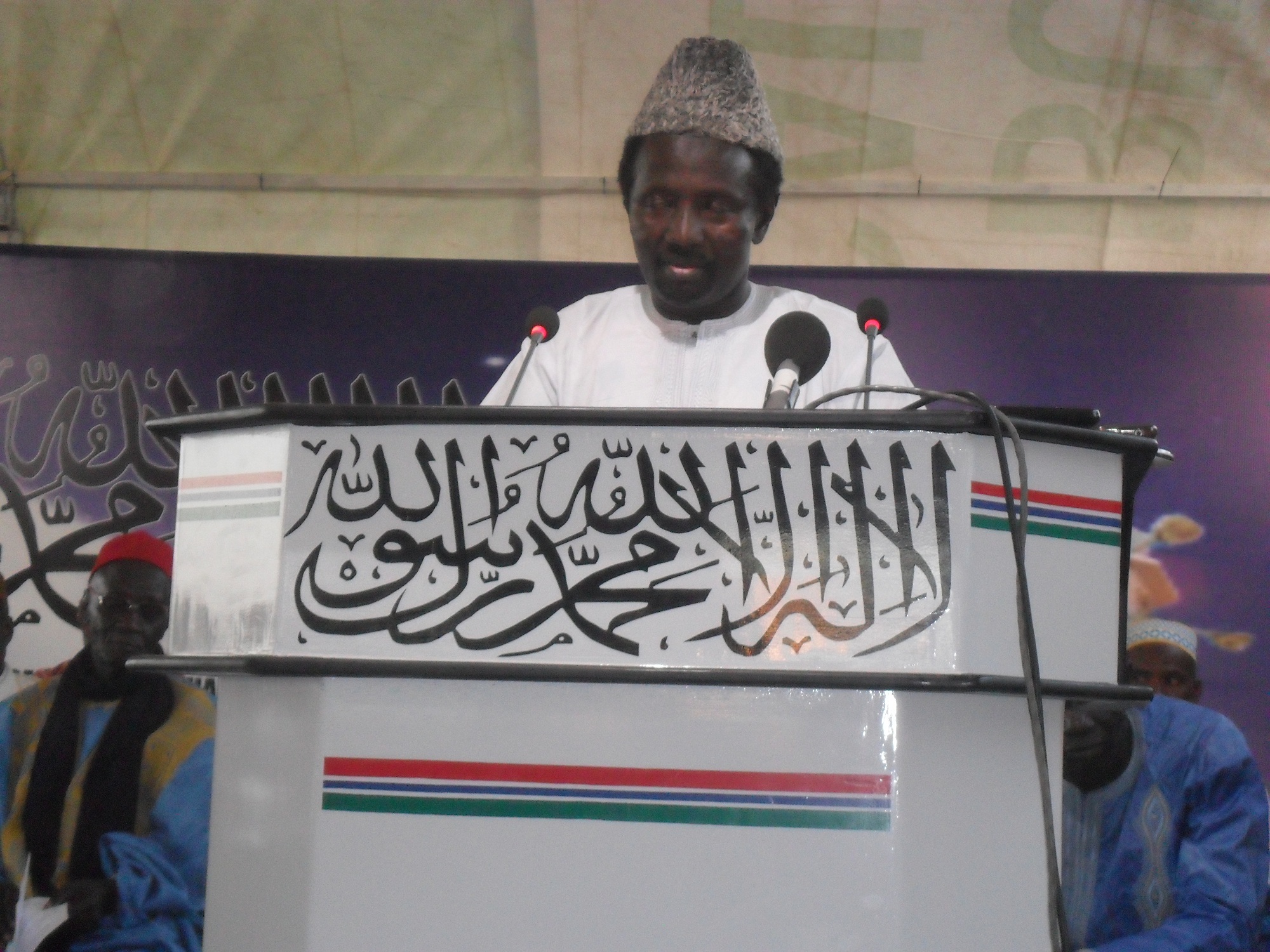By: Binta Jaiteh
The National Assembly on Thursday adopted the report of the Select Committee on Agriculture and Rural Development on thecommittee’s tour to evaluate the status of the regional directorates and institutions under theagriculture ministry.
The National Assembly’s Select Committee on Agriculture and Rural Development conducted a seven-day tour from 29th January to 4th February 2024. This comprehensive field visit enabled the committee to engage directly with stakeholders across the diverse agricultural landscape of The Gambia.
In presenting the report, committee member Omar Jammeh said their visit to the North Bank Region (NBR) painted a picture of the region’s agricultural landscape. He explained that while the report shows a generally favourable rainfall,leading to impressive crop performance and impactful project interventions, a deeper analysis reveals underlying challenges that threaten long-term progress.
According to him, the report highlightsabundant rainfall, particularly during July and August, as a key driver of positive crop development. “This timely precipitation proved crucial for major crops like groundnut, maize, early millet, rice, and vegetables, all exhibiting satisfactory growth and nearing harvest,” he stated, adding that this promising progress has been bolstered by the “impactful” interventions of projects like ROOTS, GIRAV, GAFSP, and RVCTP. He added that their provision of improved seeds, fertilizers, and training has demonstrably contributed to increased production and cultivated areas, fostering a level of optimism among farmers.
“Despite the above success, there are significant challenges that demand immediate attention. The report identifies fertilizer affordability as a major hurdle, with even subsidized options remaining out of reach for many farmers. This restricts their ability to capitalize on favourableconditions and maximize yields fully,” stated NAM Jammeh.
He explained that the committee recommended ensuring timely and affordable inputs implementation measures to guarantee subsidized or affordable access to essential inputs like seeds and fertilizer and invest in farm machinery to provide farmers with access to appropriate farm machinery for different crops, particularly in upland areas, through government initiatives or partnerships.
He further explained that the committee recommended the prioritizing of post-harvest infrastructure and investment in threshers, mass storage facilities, milling machines, and transportation solutions to minimize post-harvest losses and empower farmers to manage their harvests effectively.
Jammeh said the committee further recommended the development of marketing strategies for partnership with projects to create market linkages and build capacity for value addition in vegetable production to enhance income potential for farmers.
He enthused that in the Upper River Region (URR), a comprehensive annual report and dedicated project support showcase strengths. “However, a deeper analysis reveals underlying challenges that limit the region’s full agricultural potential. The URR RAD operates with commendable transparency, offering a detailed annual report encompassing all agricultural activities,” he added.
“To propel the URR’s agricultural sector towards greater sustainability and productivity, the Committee on Agriculture recommends several actions. Investing in the rehabilitation and expansion of pump irrigation schemes is paramount to unlocking the potential for dry-season rice production, boosting income and food security,” said Jammeh.
He pointed out that prioritizing the maintenance of existing rice fields, particularly addressing issues like land leveling and infrastructure repairs in Danpha Kunda, is also critical to maximizing the available resources.
“Exploring and implementing initiatives for year-round vegetable production could significantly improve farmer income and market access. Investigating the feasibility and potential of greenhouses, shade nets, or alternative approaches tailored to the URR’s specific context is crucial for developing a sustainable solution,” he stated.





